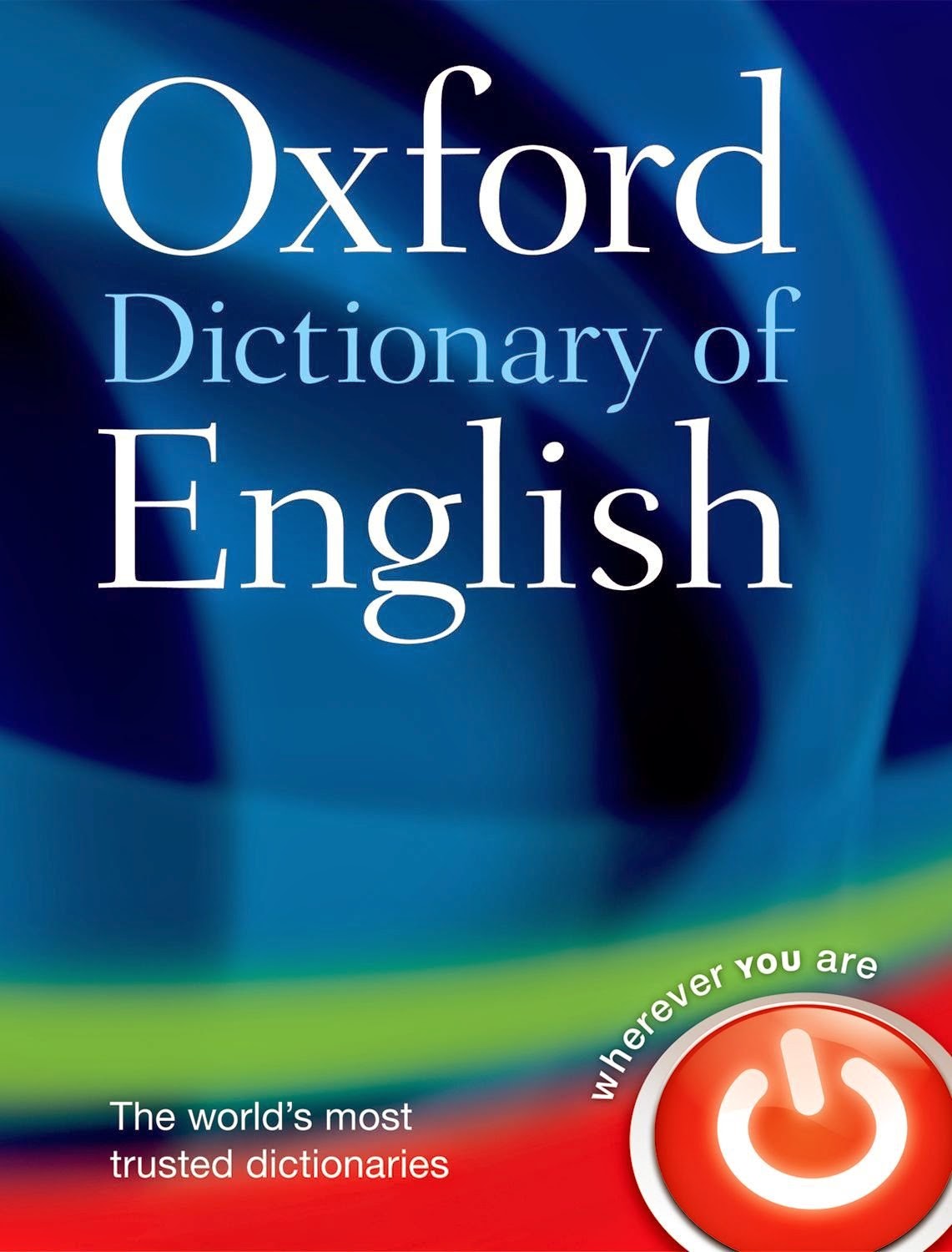Unlocking Anglo-Saxon Secrets: Your Guide to Old English Dictionaries Online

Ever stumbled upon a word like "þæt" and wondered what secrets it held? Imagine having a time-traveling portal to the language of Beowulf, right at your fingertips. That's the power of an Old English dictionary online. These digital treasure troves offer a window into a rich linguistic past, unlocking the mysteries of Anglo-Saxon literature and culture.
Gone are the days of dusty tomes and arduous library searches. The internet has revolutionized access to Old English lexicons, making the study of this ancient language more accessible than ever before. Whether you're a seasoned scholar, a curious student, or simply a lover of words, an online Old English dictionary is an invaluable resource.
But what exactly is an Old English dictionary online, and why should you care? Essentially, it's a digital version of a traditional dictionary, specifically designed for Old English, also known as Anglo-Saxon. These online platforms offer quick translations, detailed etymologies, and often include helpful pronunciation guides, making it easier to grasp the nuances of this historical language.
The history of Old English dictionaries is intertwined with the preservation of Anglo-Saxon texts. Early dictionaries were often compiled by hand, meticulously documenting the vocabulary and grammar of surviving manuscripts. The digitization of these resources has been a game-changer, allowing for wider dissemination and enhanced searchability.
One of the primary advantages of using an online Old English dictionary is its accessibility. No longer confined to libraries and academic institutions, these resources are available to anyone with an internet connection. This democratization of knowledge is crucial for promoting the study of Old English and ensuring its continued relevance in the digital age.
Navigating the world of Old English dictionaries online can be daunting. One helpful tip is to familiarize yourself with different search options. Some dictionaries allow you to search by modern English words, while others require you to input the Old English term. Experimenting with different search strategies can lead to fruitful discoveries.
One commonly asked question is, "What is the difference between Old English and Middle English?" Old English is the earliest form of the English language, spoken from roughly 450 to 1150 AD. Middle English, on the other hand, spans from 1150 to 1500 AD, marking a transitional period influenced by Norman French.
Another frequent question revolves around the pronunciation of Old English. While precise pronunciation is debated among scholars, online dictionaries often include audio clips or phonetic transcriptions to provide a general idea of how words were spoken.
There are several reputable websites offering access to Old English dictionaries. The University of Toronto's Dictionary of Old English is a comprehensive resource, providing detailed entries and extensive examples. Bosworth-Toller's Anglo-Saxon Dictionary is another valuable tool, offering a vast collection of Old English vocabulary.
Advantages and Disadvantages of Online Old English Dictionaries
| Advantages | Disadvantages |
|---|---|
| Accessibility | Requires internet connection |
| Searchability | Potential for inaccuracies in some resources |
| Cost-effective (often free) | Limited contextual information compared to scholarly editions |
In conclusion, the availability of Old English dictionaries online represents a significant leap forward in the accessibility and study of this fascinating language. These digital resources offer a wealth of information, connecting us to the rich literary heritage of the Anglo-Saxons. From deciphering ancient texts to exploring the roots of modern English words, an online Old English dictionary is an invaluable tool for anyone curious about the past. So, dive in, explore, and unlock the secrets of a language that continues to shape our understanding of English today. Embrace the opportunity to connect with history and delve into the intricate world of Anglo-Saxon language and culture. Start your journey with an online Old English dictionary today!
Rethinking elementary school playgrounds designing for the future
The ultimate guide to super bowl history
Mastering gmc sierra 3500 lug nut torque your guide to wheel safety













